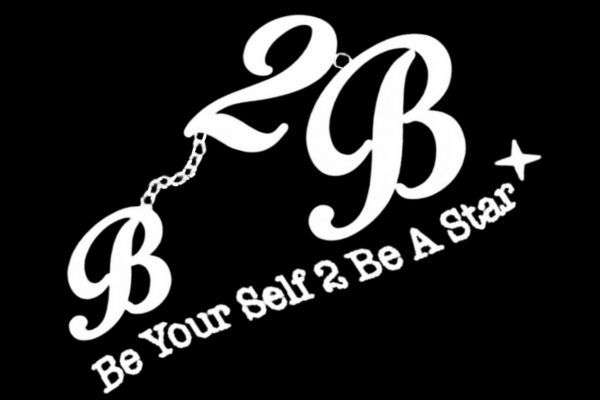Personal Growth: Building a Mindset for Success

Introduction:
Personal growth is about more than just acquiring new skills—it’s about developing the right mindset to overcome challenges and achieve lasting success. A growth mindset, as opposed to a fixed mindset, empowers individuals to embrace learning, view failure as a stepping stone, and persist through obstacles.
Embrace Challenges:
A growth mindset allows you to view challenges as opportunities rather than threats. Instead of shying away from difficult tasks, lean into them and use them as learning experiences. This shift in perspective encourages resilience and adaptability, two key traits for personal and professional growth.
Learn from Feedback:
Feedback is an essential part of growth, but only if you’re open to it. A fixed mindset may see criticism as a personal attack, while a growth mindset recognizes it as an opportunity to improve. Seek constructive feedback from trusted mentors, peers, or coaches, and use it to refine your skills and approach.
Stay Persistent:
The road to success is rarely smooth, and it’s easy to get discouraged when progress seems slow. A growth mindset reminds you that setbacks are part of the journey. Stay committed to your goals, and remember that perseverance often leads to breakthrough moments when you least expect them.
Conclusion:
Developing a growth mindset is the foundation of personal growth and success. By embracing challenges, welcoming feedback, and persisting through adversity, you can continuously improve and reach your fullest potential.




